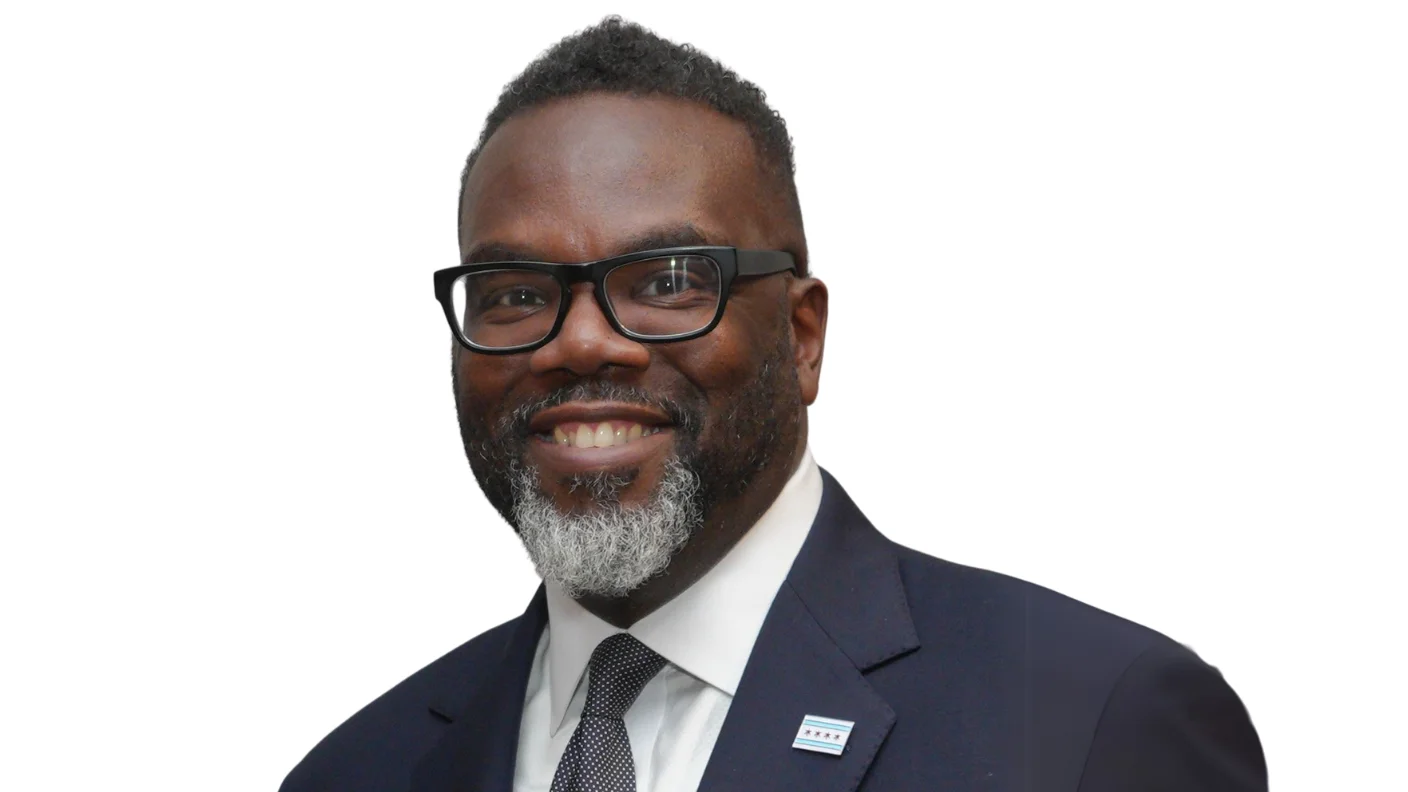Brandon Johnson Mayor | Chicago Contrarian
Brandon Johnson Mayor | Chicago Contrarian
Contaminated drinking water remains a significant issue in some of Chicago’s poorest neighborhoods, with both lead and PFAS (per- and polyfluoroalkyl substances) present in tap water. According to recent findings, more than 412,000 lead service lines continue to deliver water containing dangerous toxins into homes across the city.
"No level of lead exposure is safe. Lead damages brain development, stunts growth, and causes serious problems with learning, behavior, hearing, and speech," the press release states. The effects of lead contamination are well documented: studies link exposure to lower IQ scores, reduced attention spans, and poorer school performance among children.
A 2024 analysis from Johns Hopkins Bloomberg School of Public Health found that 68 percent of Chicago children under six live in households where tap water contains detectable levels of lead. This study was based on 38,000 home water tests conducted between 2016 and 2023.
The press release also highlights research connecting childhood lead exposure with violent crime rates. It cites economist Rick Nevin’s 2007 study that identified strong correlations between early-life lead exposure and later violent offenses across several Western countries. Further reviews have shown declines in airborne lead emissions align with reductions in urban violence.
PFAS contamination is another concern for residents. A Chicago Tribune investigation revealed widespread presence of these chemicals throughout Illinois’ drinking water systems. "These ‘Forever Chemicals,’ so named because they persist indefinitely in the environment and the human body, have no safe level of exposure according to the U.S. Environmental Protection Agency," according to the release.
Despite these risks, city officials have not moved quickly to address either threat. The Department of Water Management has indicated it will only upgrade treatment plants for PFAS if required by federal law. Meanwhile, less than half a percent of identified lead pipes have been replaced—at this rate, full replacement would take centuries.
Federal rules mandated that nearly 900,000 renters, homeowners, and landlords be notified by November 16, 2024 about potential lead contamination risks; however as reported by WBEZ mid-2024 only about seven percent had received such notices.
Disparities in life expectancy across Chicago neighborhoods underscore environmental injustice linked to contaminated water supplies. Data from the Chicago Department of Public Health and NYU Langone Health show a gap exceeding twenty years between certain communities: Asian/Pacific Islander residents average lifespans over eighty-six years while Black residents’ averages are significantly lower at seventy-one years; similarly wide gaps exist between downtown areas like The Loop compared with West Garfield Park.
"Families in these communities need immediate affordable protections such as bottled water or certified filtration systems in homes schools and childcare centers," urges the statement.
The document outlines steps for improvement including distribution of filtration systems capable of removing both contaminants; accelerating pipe replacement efforts; ensuring transparency through timely resident notification; and empowering the newly restored Department of Environment with adequate authority resources staff oversight responsibilities regarding clean water initiatives.
Of $325 million available through federal financing finalized last year for pipe replacement projects less than one-third has been drawn upon according to reporting from WTTW (https://news.wttw.com/). An additional $130 million authorized via municipal bonds also remains largely unspent which advocates say should go toward distributing filtration devices immediately.
Other cities such as Newark New Jersey replaced almost all their lead service lines within two years while providing filters citywide; Flint Michigan is nearing completion on similar work—examples cited as evidence that rapid progress is possible if prioritized locally given sufficient resources infrastructure already present here.
Although Mayor Brandon Johnson campaigned on promises around environmental justice including access to clean water critics argue little progress has occurred since he took office despite previous commitments focused especially on South and West Side communities most affected by hazardous exposures: "The mayor’s silence and inaction on an issue that once defined his platform are deeply troubling."
"Contaminated water is an epidemic that strikes hardest at the city’s most vulnerable residents — our children...Chicago must get the lead out eliminate toxic chemicals from our water make environmental justice a true cornerstone of public health," concludes the statement.






 Alerts Sign-up
Alerts Sign-up